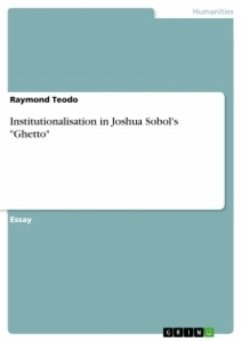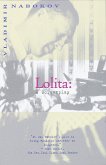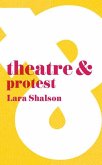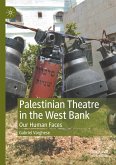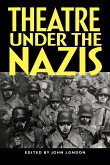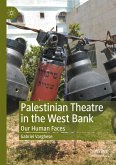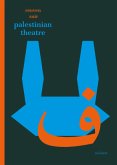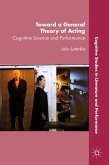Essay from the year 2012 in the subject Theater Studies, Dance, University of Queensland (St. Lucia Campus), course: DRAM3103 - Topics in Theatre Research, language: English, abstract: This essay discusses two ways in which scholars have interpreted Joshua Sobol's play "Ghetto" (originally published 1989). It outlines the problems that arise from each interpretation of the play, but also discusses how and why scholars came to those interpretations.The derived conclusion from placing these two interpretations in conversation with each other is that Sobol may have been trying to both give an historical recount of the horrors experienced in the Jewish Ghettos set up by the Nazis, and giving subtle critique on how the Israeli government is treating its Palestinian neighbours. While this essay does not aim to provide definitive conclusions as to what Sobol's motives were behind the writing of "Ghetto", it certainly opens up discussions on how historical contexts can affect the way inwhich the message of a play or performance is perceived and interpreted.
Hinweis: Dieser Artikel kann nur an eine deutsche Lieferadresse ausgeliefert werden.
Hinweis: Dieser Artikel kann nur an eine deutsche Lieferadresse ausgeliefert werden.

